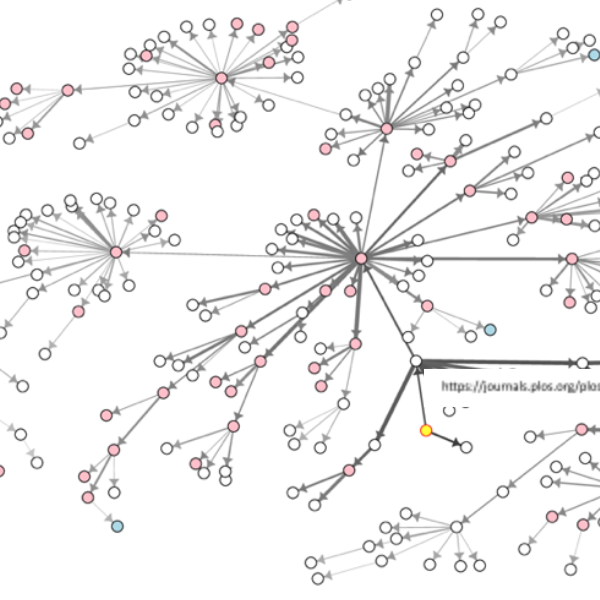GLOBAL HEALTH SEMINAR SERIES 2021-2022
Wednesday, September 15, 2021 | 12:00 p.m. – 1:30 p.m.

“Spillover”—which refers to pathogen transmission events from animals to humans—has been responsible for major global epidemics in recent decades, including HIV, Ebola, SARS and MERS. Preventing spillover has become one of the top global health priorities after the emergence of the Covid-19 pandemic in 2019. Tufts University leads a global consortium funded by USAID to understand and address the risks posed by spillover of selected zoonotic viral pathogens from animals to humans. Strategies to Prevent (STOP) Spillover takes a One Health approach in examining risk factors such as deforestation, climate change, and population density, movement and behavior. These and other factors may put humans in closer and more frequent contact with wildlife and livestock and may increase the risk of spillover. In this session, we will introduce STOP Spillover and address surveillance strategies focusing on target priority zoonotic viruses in illustrative wildlife hosts. The role of community surveillance and monitoring of social and economic drivers of spillover will also be considered.
